The march towards electrification is accelerating, and if any sector serves to highlight the shift towards all things battery-powered, it's arguably the sports car class.
Traditionally the preserve of petrol-soaked, adrenaline-pumping machines, this rarefied corner of the market has gained ever-increasing numbers of contenders favouring lithium ion over super-unleaded. Now, some of the best sports cars on sale are electric.
Not only is this new source of power delivering the sort of power and performance that internally combusted alternatives could only dream about, but it's also broadening the definition of what a high-performance car can be.
That's why our list runs the gamut from traditional low-slung sportsters to curvaceous coupés, continent-crushing GTs and even (whisper it) the odd SUV.
There are cars from established players of the driver's car art, as well as those from makers more normally associated with humbler offerings. If nothing else, the EV revolution has helped level the playing field. Yet while these machines look disparate on paper and in the metal, they all share a similar goal of keeping the driver amused.
This is also one of the most fast-moving market sectors, with new additions arriving all the time. So some of the cars you see here can be driven out of a showroom today, while others are little more than a line in an order book.
Thankfully, the number of options is growing year on year. So let's get to it and run through the best electric sports cars money can buy today.
It might not look like one, but the Hyundai Ioniq 5 N should be classed as an electric sports car due to its sheer performance and handling dynamism.
From the start, the Korean brand’s performance division developed the Ioniq 5 N as a pure driver’s car and it certainly delivers. Not only did we name it our best performance car of 2024, but we’d also go far as to describe it as the best electric driver’s car made to date.
Power comes from a dual-electric motor set-up, with 223bhp sent to the front wheels and 378bhp directed to the rear. Its maximum output stands at 641bhp, which helps the Ioniq 5 N hit 0-62mph in just 3.4sec.
Drivers can also choose from six drive modes and adjust the motor response, damper stiffness, steering weight and stability control sensitivity. One of the car’s more gimmicky features is its synthetic engine noise, which can resemble a choice of three different sounds.
But the Ioniq 5 N isn’t just a brilliant sports car: it’s also excellent for day-to-day use, with its 84kWh battery offering around 280 miles of range on a charge, and maximum charging speeds of 340kW.
It’s reasonably quiet, isolated and comfortable too, so you can enjoy it as a commuter car as well as a thoroughbred track-day monster.
Read our Hyundai Ioniq 5 N review

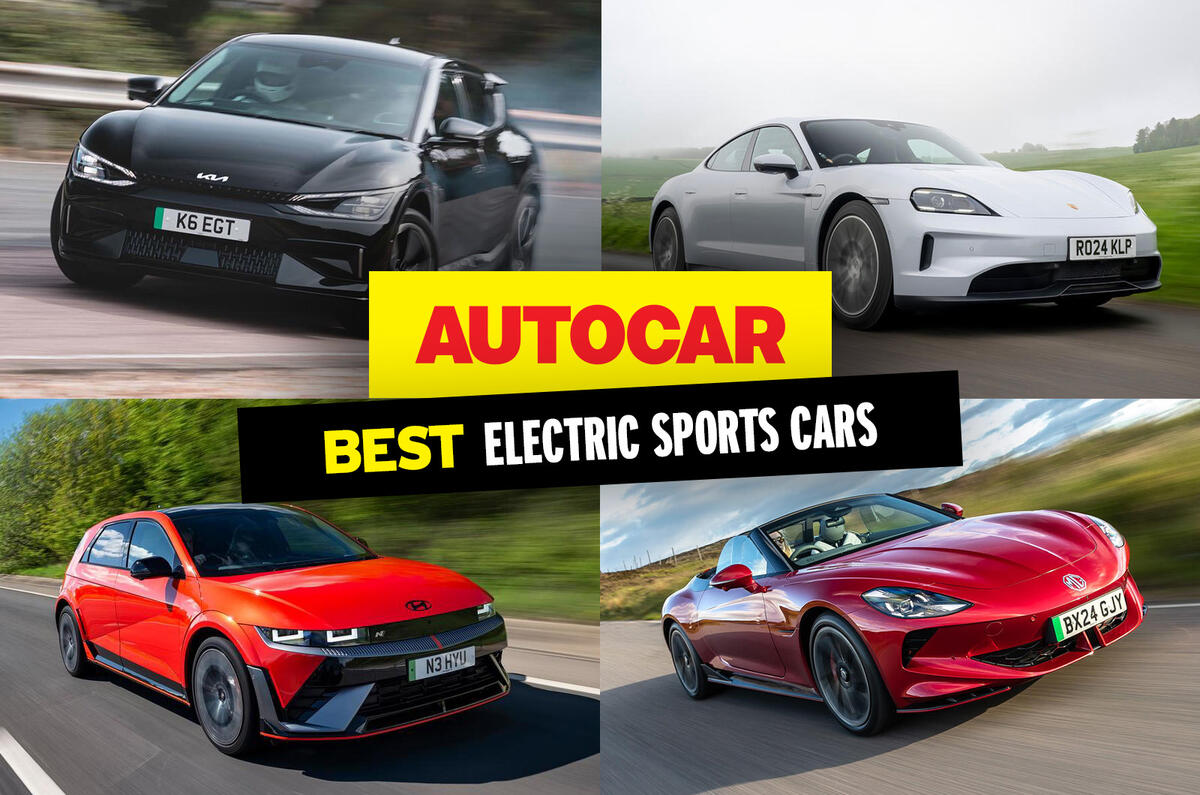
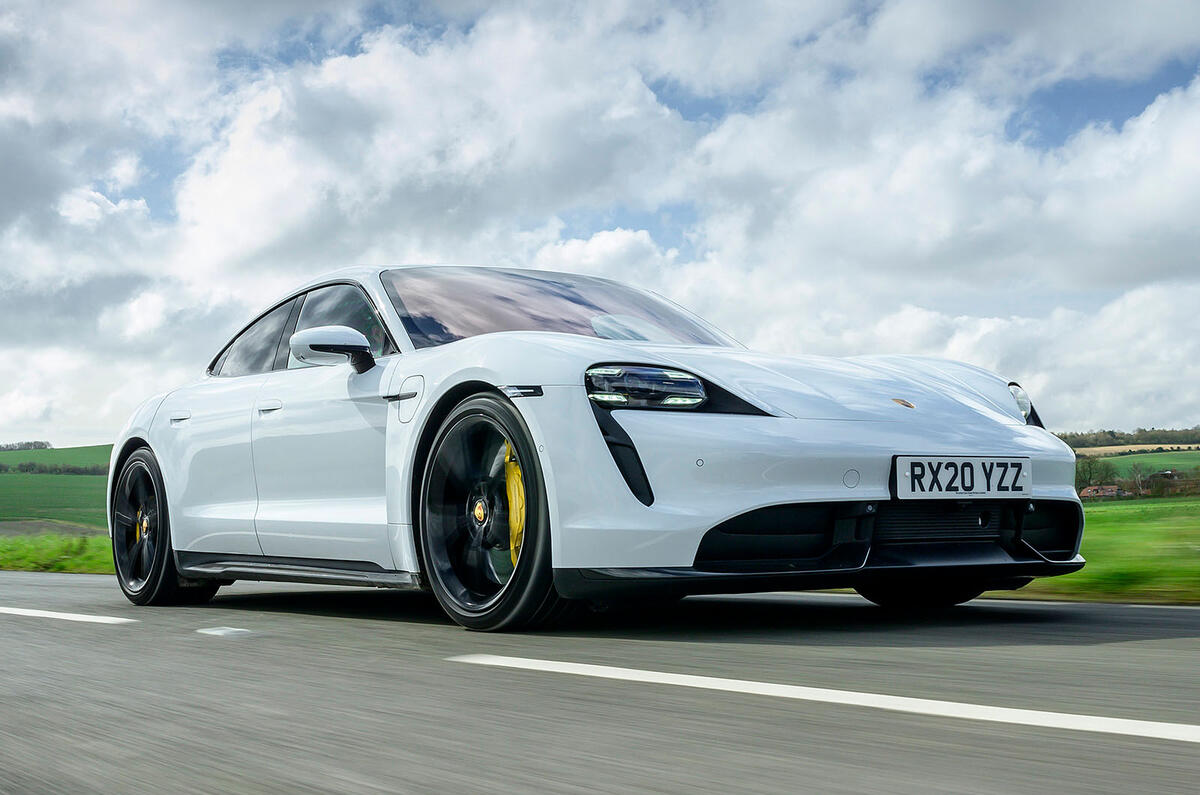








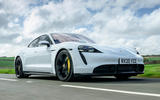
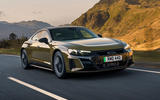
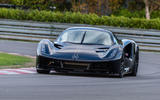
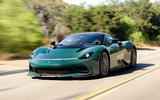






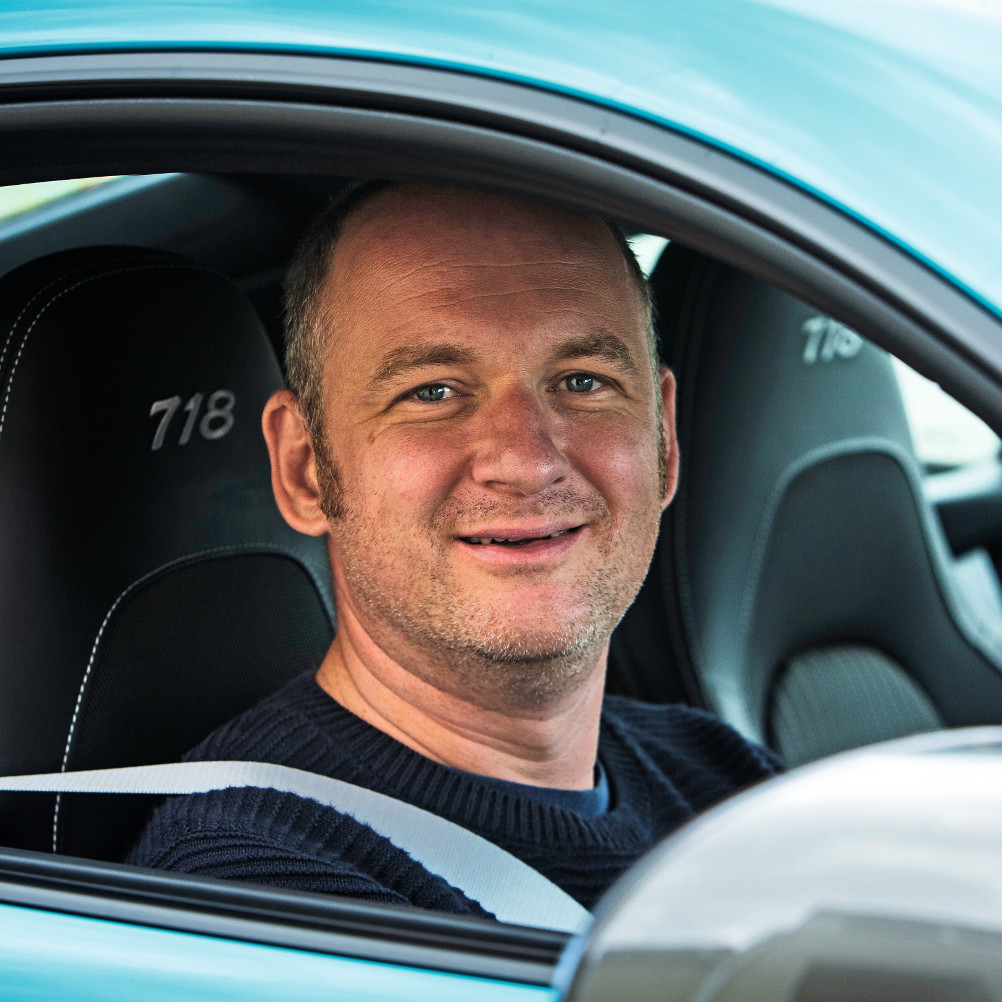




Join the debate
Add your comment
It's illogical to include the BMW i4 and the Ionic 5N but not the Tesla Model 3 Performance. It's the usual prejudice that Autocar have against Tesla. Something to do with the fact that Tesla don't advertise in car mags, perhaps.
Always nice to see cars in this list that do not yet exist.
My favorite car is the BMW M5 F91 touring, if they ever made one...
I drove a Porsche Taycan late last year - yes its a nice car and it accelerates quite quickly, but I found it to be a really boring car to drive. I felt like I was sitting in my lounge on a fairly firm couch, the dash with its electronic displays are very 2-dimensional, ostensibly flat, and the headlights, what happened did the design team suddenly get bored with round and had to go square? Not a good look.
In contrast a couple weeks later I had the chance to drive a BMW iX3. Its an SUV and not the most up to date design but driving this car was so much more engaging than the Taycan. It felt like a car rather than a well anchored couch, I felt in contact with the road which the Porsche had somehow lost, and it went! I was impressed - for an SUV it was a pleasantly surprising package.
I'm sorry Porsche, maybe stick to 911s.